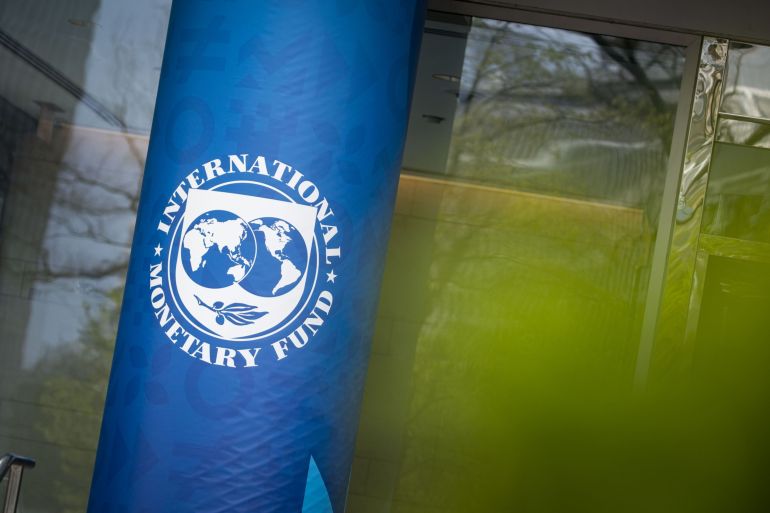Now it’s Bangladesh’s turn to ask the IMF for a loan
The finance minister told a local newspaper that while the country has asked for a loan, it is ‘in no way in trouble’.

Bangladesh has asked the International Monetary Fund (IMF) to start negotiations for a loan, becoming the latest South Asian nation to knock on the doors of the international agency, Reuters has reported, citing a local newspaper.
Finance minister A H M Mustafa Kamal told the Prothom Alo newspaper that while Bangladesh had started negotiations, the economy was “in no way in trouble”.
Keep reading
list of 4 itemsAs Pakistani rupee drops to record low, FM blames politics
What’s the way out of Sri Lanka’s political crisis?
‘Supreme power of people’: Sri Lanka marks 100 days of protests
Kamal said he did not specify an amount in a letter he sent to the IMF on Sunday. Two sources with knowledge of the matter, who declined to be identified as only the finance minister is authorised to talk to the media, said the government had not yet decided how much money it wanted.
“The IMF was requested to start a formal negotiation to obtain loans for balance of payments and budget assistance,” Kamal said in the Prothom Alo report published on Wednesday.
“When and how much loan will be available will depend on them. As far as our current macroeconomic situation is concerned, we are in no way in trouble.”
Kamal did not respond to requests for comment from Reuters.
A senior IMF official told Reuters on Tuesday that Bangladesh had asked it to start talks on a new loan under the global creditor’s Resilience and Sustainability Trust. Such funds are capped at 150 percent of a country’s quota or, in Bangladesh’s case, the maximum of $1bn.
Bangladesh’s Daily Star newspaper reported on Tuesday that the country wants $4.5bn from the IMF.
The country’s $416bn economy has been one of the fastest-growing in the world for years, but rising energy and food prices as a result of the Russia-Ukraine war have inflated its import bill and the current account deficit.
Bangladesh’s economic mainstay is its export-oriented garments industry, which could suffer if sales fall in its main markets in Europe and the United States because of a slowdown in the global economy. After garments, remittances are the second highest source of foreign currency for Bangladesh.
Its foreign exchange reserves fell to $39.67bn as of July 20 – sufficient for 5.3 months’ worth of imports – from $45.5bn a year earlier.
The country’s July to May current account deficit was $17.2bn, compared with a deficit of $2.78bn in the year-earlier period, as its trade deficit widened and remittances fell.
Sri Lanka and Pakistan are the other two South Asian countries to have sought IMF support this year.